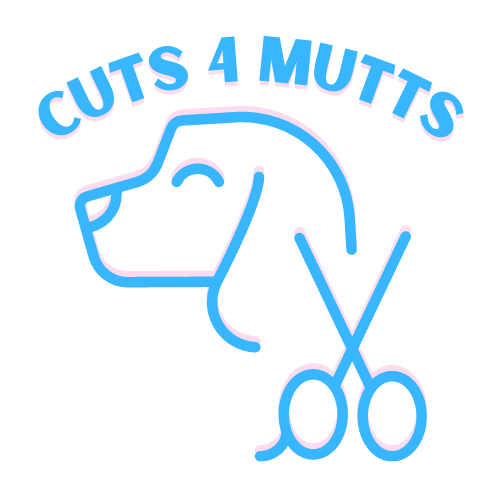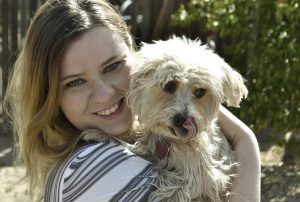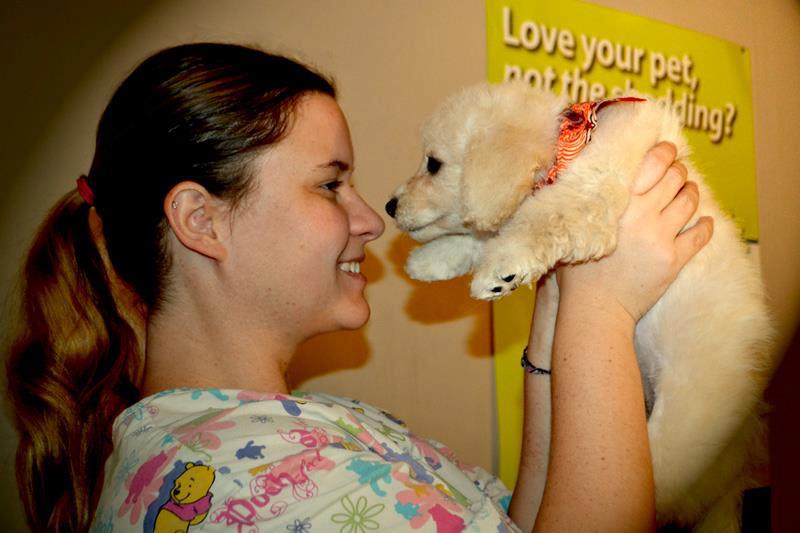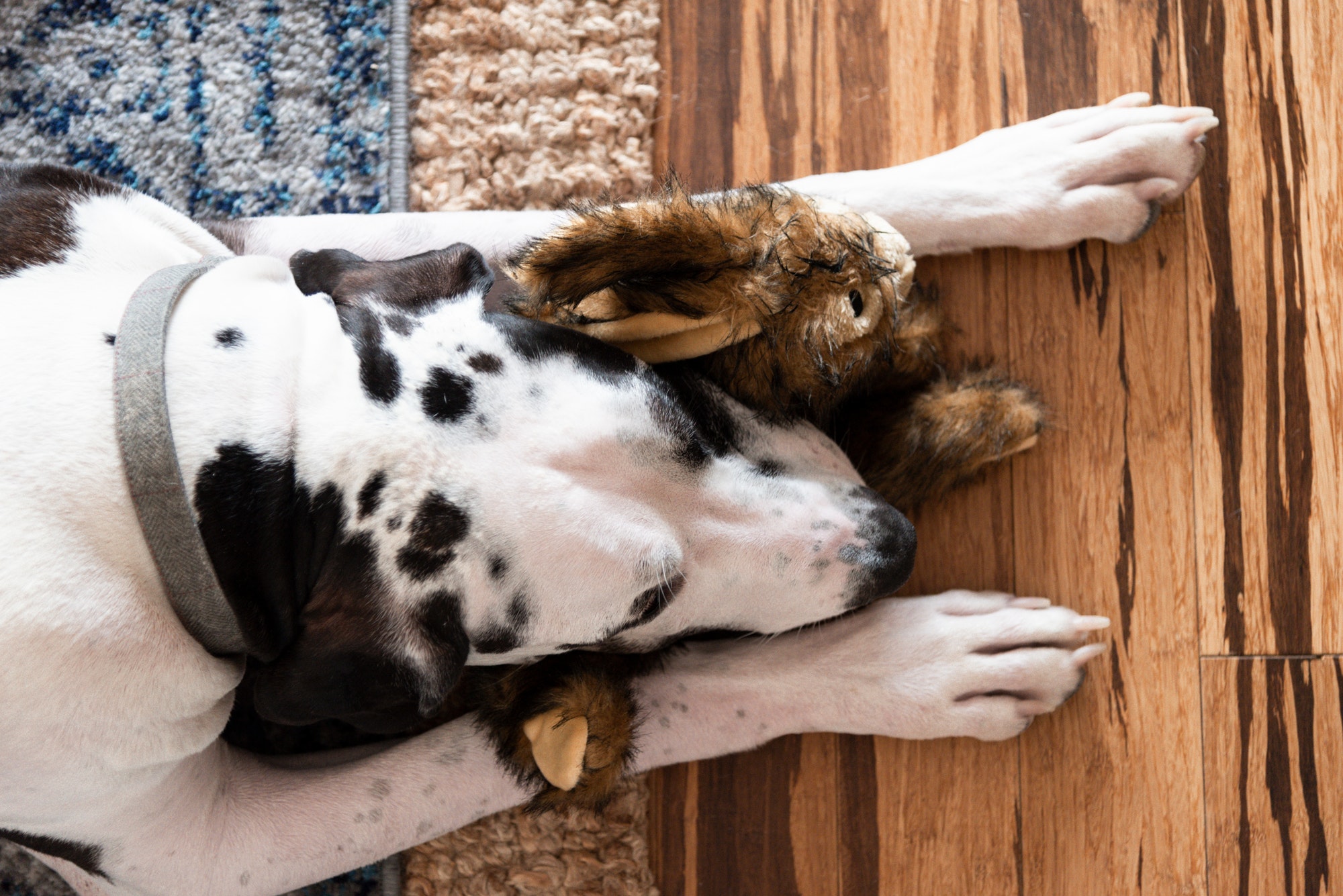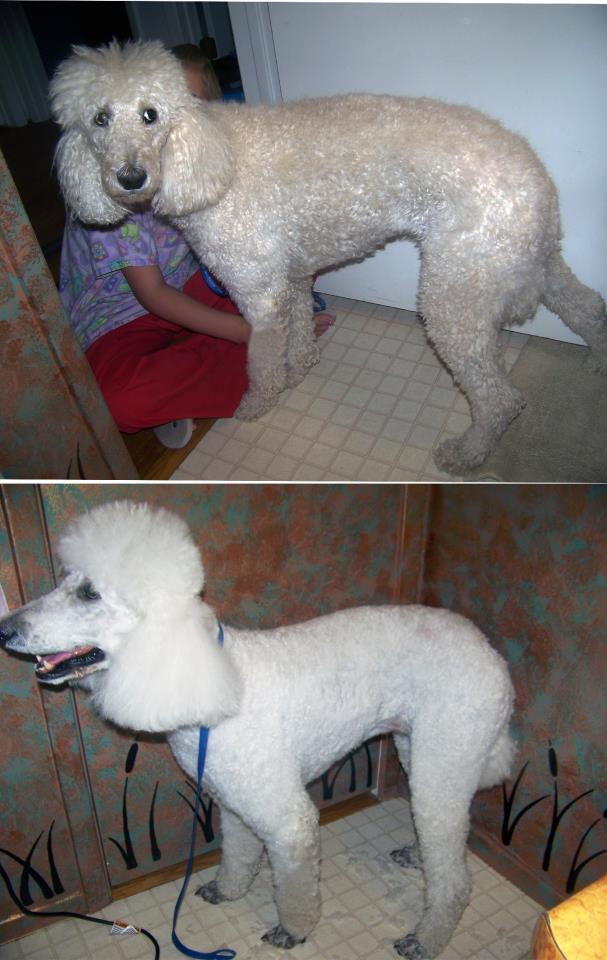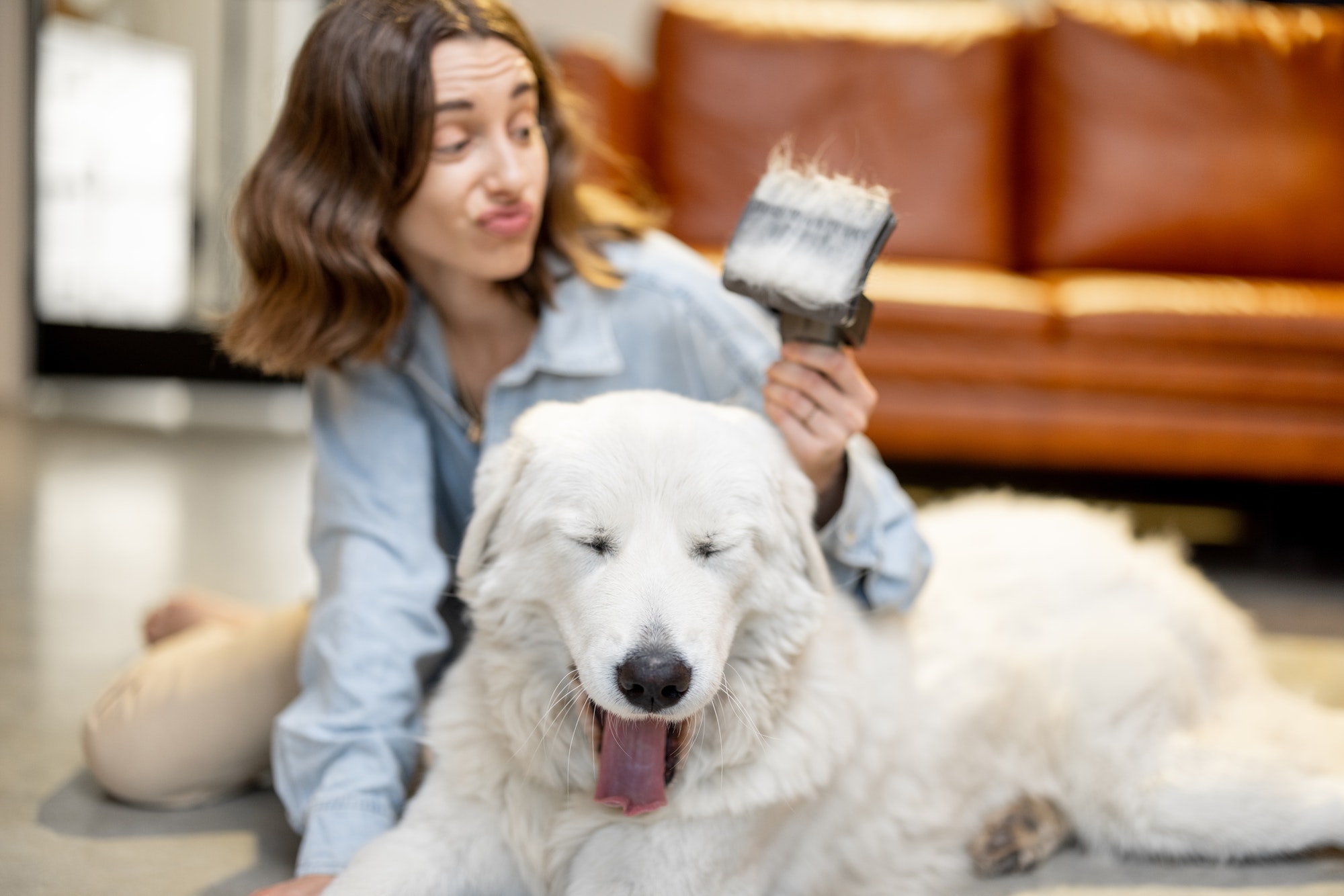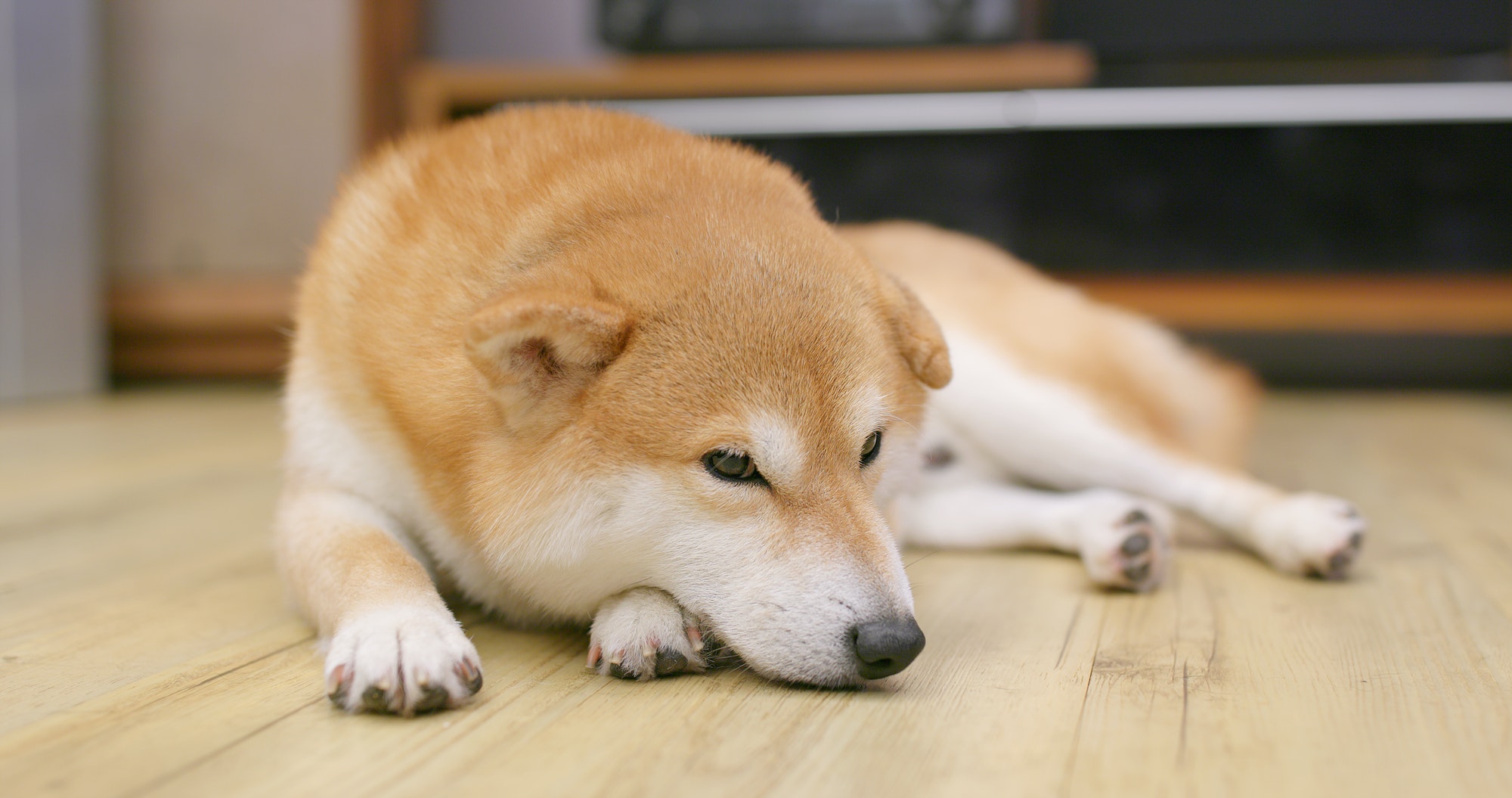Bringing a new puppy home can be a very exciting experience for any household. For some, it can be an overwhelming one, too. Here is a list of puppy supplies that you will need to welcome a new puppy into your home.
1. Crate/Kennel: If you are bringing a puppy home for the first time, you are going to need a crate. Not only is crate training the best way to potty train a dog, but puppies also love to have a puppy bed to call their own. Arriving at a new home can be scary and overwhelming to a new puppy. By providing a crate, you are giving your new puppy his own space. Educate yourself or hire a trainer on how to properly acclimate your puppy to the crate. Never send your puppy to the crate for punishment.
Choosing the right puppy crate
- Wire kennels fold flat and provide excellent ventilation. Many varieties also offer “grow-with-me” features, which feature panels that can be removed as your puppy grows.
- Plastic/hard top crates offer cozy, private getaways for your puppy. They are also approved for airline tavel.
- Cloth kennels are not recommended for long term crating because of accidents and puppies’ tendencies to shred materials.
2. Bed time supplies: Dog beds come in a variety of shapes, sizes, and colors and can be purchased at the most elite pet shops, down to the dollar stores. It doesn’t have to be fancy, just comfortable. Remember, a young puppy under 10 weeks will need to stay extra warm. Make sure there is a nice puppy blanket for him to snuggle with.
3. Baby gates: Baby gates allow your dog more freedom while still blocking off restricted areas. They are an absolute necessity to all new puppy parents. They can make the difference on whether or not your puppy is successful in potty training.
4. Cleaning Supplies: Your puppy will have accidents. There is no getting around it. For carpet and rug accident, use an enzymatic carpet cleaner, which destroys the odor causing molecules. Ask the clerk at the pet supply shop to recommend their top selling carpet cleaner. Make sure it is specifically designed to rid carpet from puppy smells. Nature’s Miracle is a popular choice. Make sure you are not buying a deodizer with chemical fragrances. These can be unsafe for puppy, and will not do the job you need it to do. The purpose of the enzymatic cleaner is to kill the odor causing molecules, which signal to a puppy that’s where to go pee. By treating the accident, you are erasing the memory of your puppy’s accident.
5. Anti-Chew/bite spray: The bitter apple taste discourages puppies from biting or chewing on your favorite things. Spray a little on anything that puppy chews on, shoes, wall, etc. For excessive playful biters, you can coat your hands in a little apple vinegar. When the puppy tastes the bitterness, he will remember not to bite next time.
6. Puppy Pads. You may choose to leave these off your list, but some people find them vital to puppy potty training. A good puppy pad will have those enzymatic scents infused into the pad, which tells your puppy it’s okay to pee here.
7. Food: When you adopt your puppy, ask what food he is currently on. You will want to keep him on the same food for a few days. Too many changes in a puppy’s life can make him very ill. It’s best not to change his diet until he is acclimated to his surroundings. If you want to make a change, start off gradually, by mixing a quarter of the new food into the old food, and gradually decrease the old stuff. This will help your puppy’s growing body get used to the new food.
8. Bowls: Stainless steel bowls are easy to clean, durable, and last forever and are unbreakable.
9. Collar & Leash: An adjustable nylon collar is your most affordable option which will allow your puppy to grow with it. The collar should be loose enough for you to get two fingers between it and your puppy’s neck, but not so loose that it could slide off his head when walking on leash. Don’t leave any collar on a puppy unattended because pups have a talent for getting their lower jaw stuck in it. Remove the collar if you will be keeping your puppy in the crate to avoid accidental death. You might also choose to get a harness for puppies that like to escape from the collar, or who pull too much on the leash.
10. Leash: Start with a sturdy lightweight leash, four to six feet long, of leather or nylon — never chain links! Do NOT get a retractable leash for your puppy. They are too dangerous for a puppy that knows nothing of the dangers of roads or cars, and the tiny corded leash has led to horrific accidents such as strangulation and severing.
11. Identification: Make sure you have personalized ID tags. You can get them almost anywhere, from local shelters, to big box retailers. They usually run about $10-$25
12. Poop bags: Cheap sandwich bags or stylish doggy poop disposal bags both work. Just make sure you make a habit out of cleaning up after puppy!
13. Find a Good Groomer for Your Puppy: All dogs need groomed, whether they are the shortest hair Chihuahua, or the biggest, hairiest Chow Chows. Puppies need anal glands expressed, as well as puppy hair removed. Getting your puppy used to the idea of grooming early could save you time and money in the future.
Most groomers charge extra for adult dogs that have never been groomed, and some dogs are even refused because they are too wild and require sedation. A sedated nail trim at the vet could cost you $80 or more. A peaceful nail trim at the groomer will cost you less than a combo lunch. Make sure you find a groomer that you feel comfortable with.
14. Brushing and Hygeine: All puppies need to be brushed, at least once a week. Ask your groomer which brush is right for your puppy. A slicker style, for example, is great for poodles and Bichons, where a rubber brush is good for shorter hair. Make sure to keep your puppy’s private areas trimmed, this is called a potty trim or a sanitary trim for proper hygeine.
15. Tearless Puppy Shampoo: Even if you find a good groomer, there will be times that you need to give your puppy a bath. Make sure you do not use human shampoo on your puppy. Look for a tearless, fragrance free puppy shampoo to keep your puppy fresh and clean
.
16. Toys: Your puppy will need a variety of toys. Ask your pet supply clerk for toy recommendations. Fillable treat toys like KONG are great for puppies, because they make the puppies work for their play and their treats! They build confidence and happiness! Make sure to supervise your puppies with any kind of Nylabone varieties. Rawhides and chew sticks present choking hazards for puppies and are not recommended. Most puppies love soft, squeaky toys. Make sure the toy is the right size for your puppy, and inspect the toys often for tears or rips.
17. Toothbrush/toothpaste: Most pet supply retailers offer a variety of dental supplies. Pick up a tube of toothpaste and a finger toothbrush to keep your dog’s mouth pearly white. Problems with Bad Breath in Dogs? Try a water treatment like Tropiclean Fresh Breath Water Additive.
18. Hire a Trainer: No matter what you think you know about dogs, a puppy is a whole different story. A good trainer will help you teach your puppy all the basic commands, how to properly walk on a leash, and can also assist you with potty training problems. Make sure your trainer specializes in positive reinforcement training. If your trainer recommends shock collars, choke chains, or pinch
Bringing a puppy home is a lot like bringing home a baby. You will want to puppy proof your home. Watch this video for more advice on how to prepare for your new puppy. Secure loose electric chords, install puppy padlocks or baby locks on cleaning supply cabinets and other doors and cabinets.collars- RUN! There are more humane ways to train a puppy.flavored toothpaste and fingerbrush. Your puppy will be your best friend for life after tasting the peanut butter, and you will save yourself from rotting teeth and stinky breath years to come. For dogs with bad breath, try a fresh breath treatment like Tropiclean Fresh Pet Water Additive.
